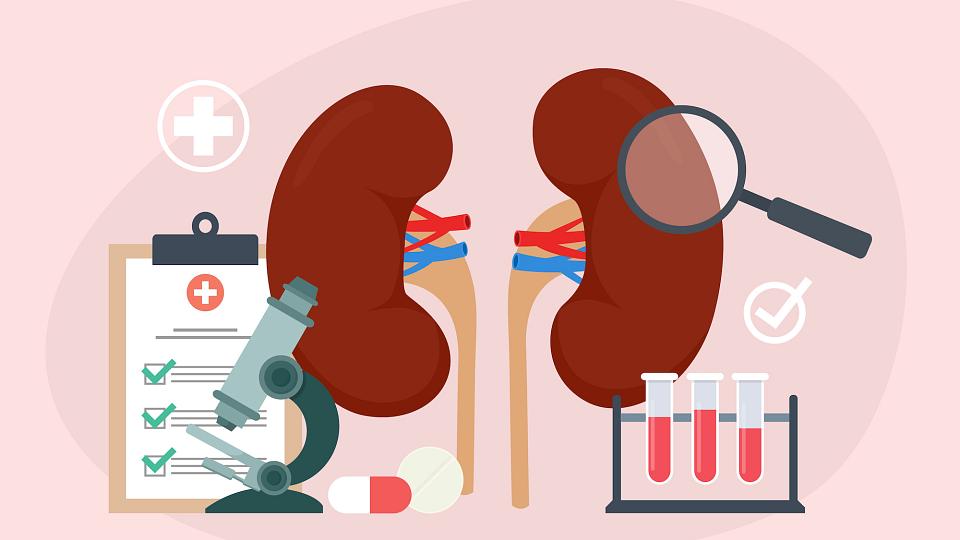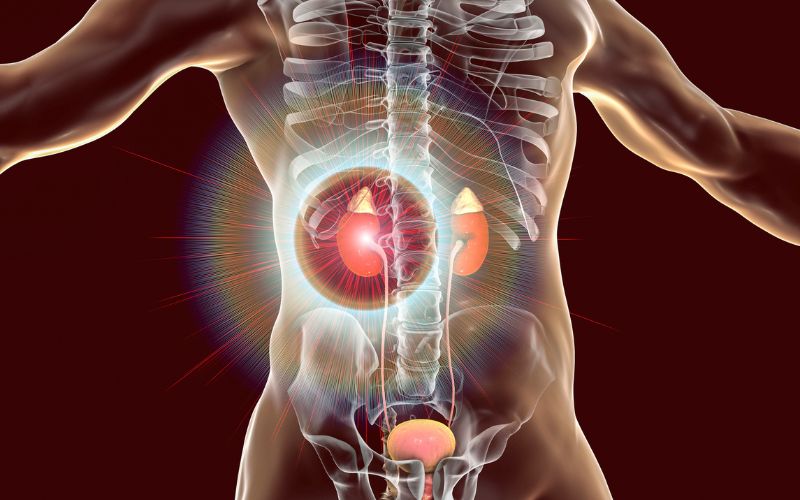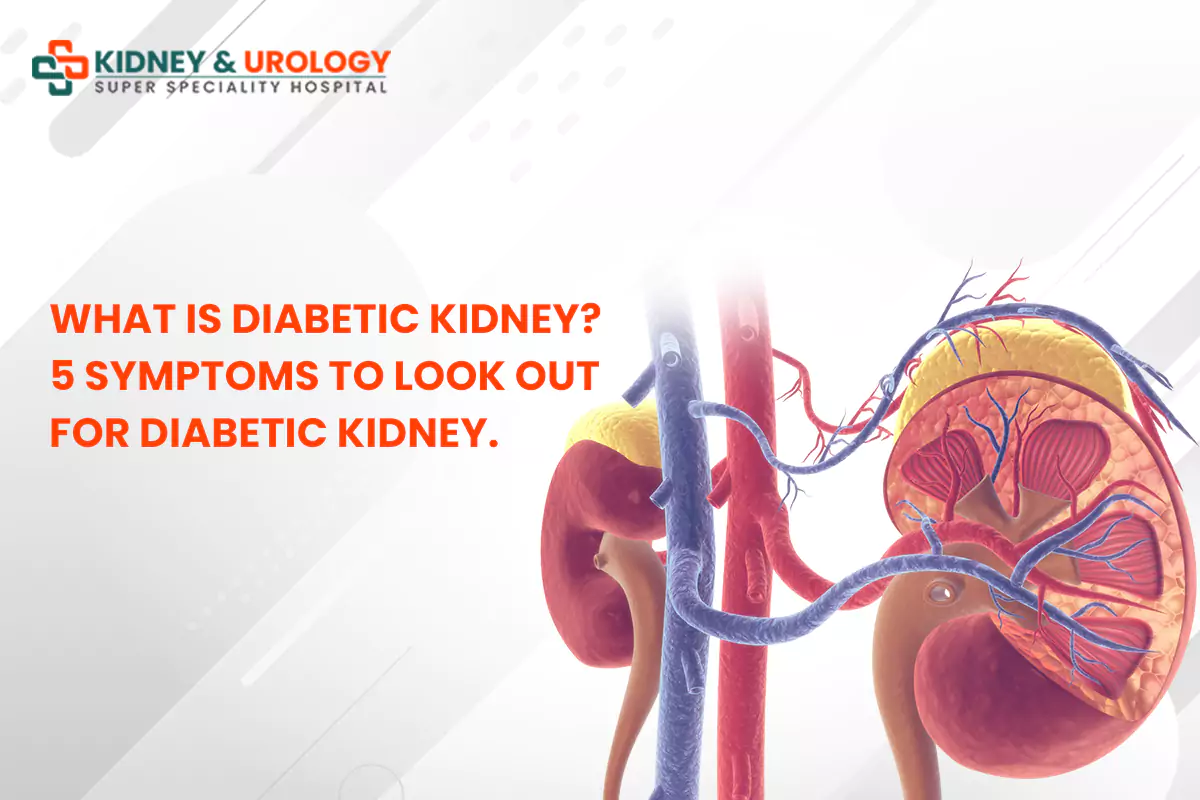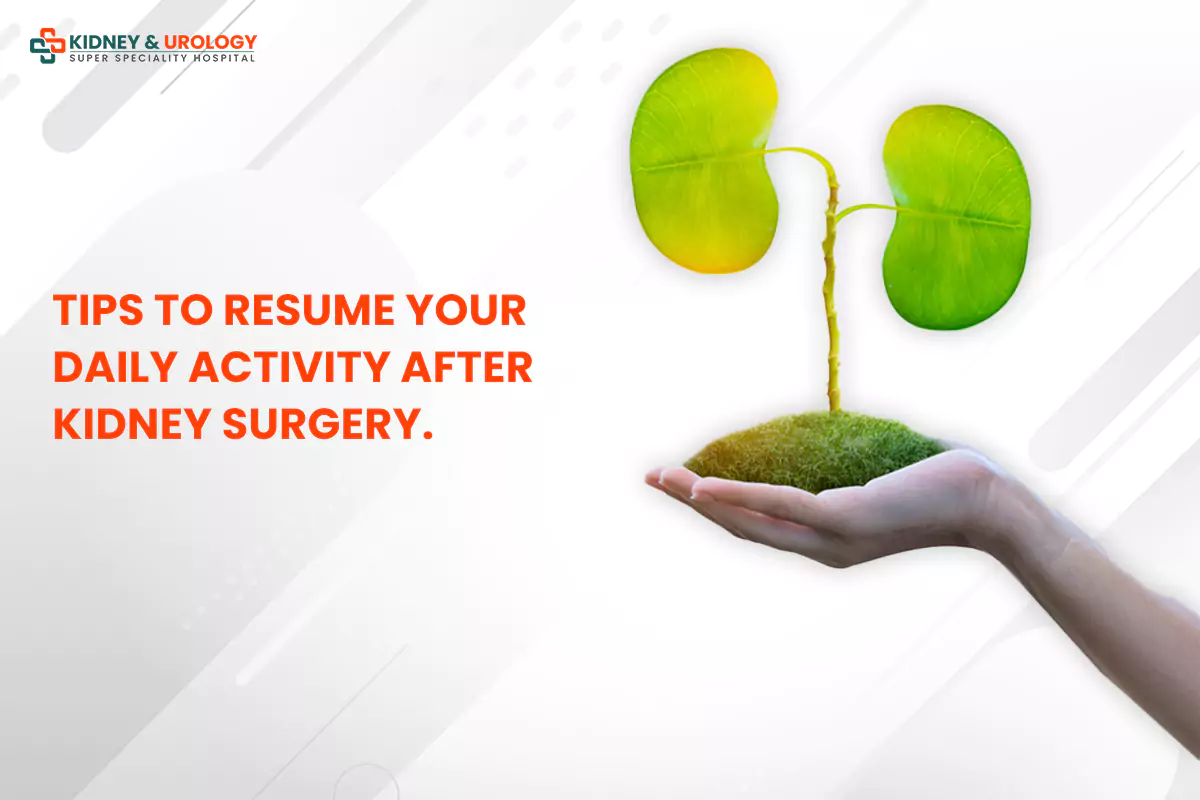Pregnancy-Related Kidney Issues in Women | Nephrologist in Haryana
Pregnancy is a joyous yet challenging journey for a woman's body. Kidney health during this period require more careful attention. Pregnancy-related kidney issues may increase risks to both the mother and the baby. Here in this article a doctor from top hospital in Haryana discusses common kidney conditions that can happen during pregnancy.
Physiological Changes in Pregnancy
Physiological changes are adaptations the body makes to support the growing fetus. Some key adjustments include increased blood volume, cardiac output, and hormonal fluctuations.
-
Increased Blood Volume: During pregnancy, blood volume increases to nourish the fetus. This increase puts additional workload on the kidneys, as this organ is responsible for filtering the excess fluid.
-
Hormonal Changes: Hormones like progesterone and human chorionic gonadotropin (hCG) surge during pregnancy, affecting kidney function. Progesterone causes relaxation of the smooth muscles, including those in the urinary tract, leading to changes in urine flow.
-
Renal Blood Flow: Renal blood flow also increases during pregnancy to meet the metabolic demands of both the mother and the baby.
Pregnancy-Related Kidney Issues in Women
Here are the kidney related problems that can be experienced during pregnancy by a women:
Preeclampsia: Pregnancy Kidney Issue
Among the most pregnancy-related kidney issues, preeclampsia stands out as a serious and potentially life-threatening condition. It typically occurs after 20 weeks of gestation and is characterized by high blood pressure and signs of organ damage, even the kidneys.
Preeclampsia can be recognised with symptoms like high blood pressure, proteinuria (excess protein in the urine), edema, and changes in vision.
Preeclampsia lead to reduced blood flow to the kidneys, causing kidney dysfunction. The kidneys will not filter waste products effectively, causing the accumulation of toxins in the body.
If left untreated, kidney doctor in Haryana states it can progress to eclampsia, a severe condition that involves seizures. Delivery is the only definitive treatment, even if it means delivering the baby preterm.
Gestational Hypertension and its Renal Implications
Gestational hypertension, like preeclampsia, involves high blood pressure during pregnancy. However, it lacks the visible signs of organ damage seen in preeclampsia. While gestational hypertension not directly cause kidney issues, it causes complications if not treated timely.
Women with pre-existing diabetes or gestational diabetes (diabetes that develops during pregnancy) are at an increased risk of kidney-related issues. Diabetes affect the kidneys through diabetic nephropathy, a condition characterized by kidney damage due to long-term diabetes.Diabetes can damage small blood vessels in the kidneys, impairing their ability to filter waste products effectively. This condition progress to chronic kidney disease (CKD) if not treated.
Blood sugar control is essential during pregnancy for women with diabetes.
Urinary Tract Infections (UTIs) in Pregnancy
UTIs are common in pregnancy, primarily due to hormonal and anatomical changes that make women more susceptible to bacterial infections in the urinary tract. Factors such as hormonal changes, increased urinary stasis, and pressure on the bladder from the growing uterus causes higher risk of UTIs during pregnancy.
UTIs, if left untreated, progress to kidney infections (pyelonephritis), which pose serious risks to both the mother and the baby.
Polycystic Kidney Disease (PKD) and Pregnancy
Polycystic Kidney Disease is a genetic condition characterized by the fluid-filled cysts in the kidneys. Women with PKD face challenges during pregnancy. PKD increases the risk of high blood pressure during pregnancy. Cysts also enlarge due to hormonal changes. In some cases, early delivery is suggested by nephrologists to prevent complications.
Autoimmune Kidney Diseases and Pregnancy
Autoimmune kidney diseases, such as lupus nephritis, complicate pregnancies. These conditions arise when immune system mistakenly attacking the body's own tissues, including the kidneys.
Women with autoimmune kidney diseases face an increased risk of pregnancy complications, including preeclampsia and preterm birth. Medicines used to control the immune response may need to be adjusted to ensure the safety of both the mother and the baby.
Interstitial Cystitis (IC) and its Influence on Pregnancy
Interstitial Cystitis is a chronic bladder condition causing pain and discomfort in the pelvic region. While it primarily affects the bladder, it have implications for kidney health during pregnancy. IC can cause urinary frequency, urgency, and pain. These symptoms affects kidney health indirectly by affecting fluid intake and urinary patterns.
Pregnancy-related kidney issues can impact maternal and fetal well-being nevagtively. From the normal physiological changes in pregnancy to the complexities of preeclampsia, gestational hypertension, diabetes, and autoimmune diseases, it can even lead to CKD. So always consider timely diagnosis and tests. SS Kidney Hospital, one of the top nephro hospital in Haryana can be your go to family hospital for kidney and pregnancy problems with excellent doctors of Haryana onboard














Request A Callback